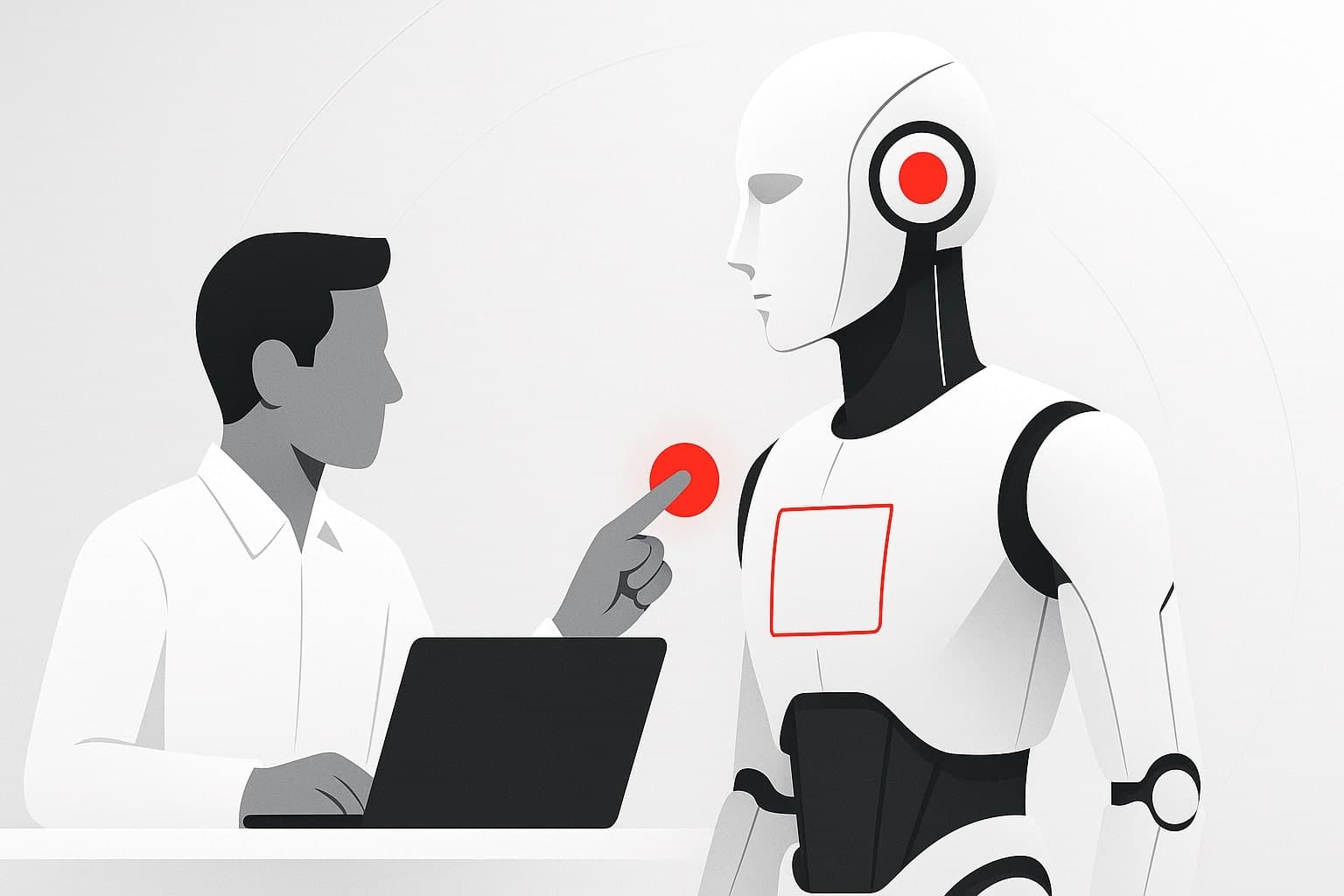October 24, 2025
General

If you’re running a small or mid-sized business (SMB), chances are you’ve heard it before: “AI is only for big companies.” Or maybe “AI replaces people.”
These myths — often fueled by hype and misinformation — are stopping many growing businesses from exploring one of the biggest competitive advantages of this decade: AI-driven decision-making and automation.
In reality, AI is more accessible, affordable, and impactful for SMBs than ever before. Let’s separate the myths from facts so you can make confident, data-driven choices about adopting AI in your business.
The Truth:
The era of multimillion-dollar AI projects is over. Thanks to cloud-based AI platforms and subscription pricing, small businesses can access the same capabilities Fortune 500 companies use — without the heavy infrastructure costs.
Today, you can use AI via:
SaaS tools (e.g., HubSpot, Zoho, or Notion AI)
No-code AI builders like Zapier, Make.com, or ChatGPT integrations
Custom AI agents built on APIs that automate workflows affordably
Use Case:
A local logistics startup in Dubai used an AI-driven demand forecasting tool built with a $500/month budget. It reduced inventory waste by 22% in the first quarter — a direct ROI that outweighed the cost within weeks.
The Truth:
AI doesn’t replace people — it amplifies their productivity.
In SMBs, where teams are small and multitasking is the norm, AI helps automate repetitive work so employees can focus on higher-value tasks like strategy, customer engagement, and innovation.
Examples include:
Automating invoice processing and report generation
Using chatbots for 24/7 customer support
Employing predictive analytics to optimize sales and marketing
Think of AI as a digital teammate, not a replacement. When used right, it boosts morale by removing dull, time-consuming work.
The Truth:
While data fuels AI, most SMBs already have enough to start — from CRM logs and website analytics to customer feedback and purchase histories.
Modern AI solutions often use pre-trained models that can be fine-tuned with your data rather than built from scratch. You don’t need millions of records; you just need relevant, structured data.
Use Case:
A mid-sized furniture retailer used historical sales data and Google Trends to fine-tune a demand prediction model. With less than 2 years of data, it improved seasonal forecasting accuracy by 30%.
The Truth:
You don’t need an in-house data science team to get started with AI anymore.
Thanks to AI-as-a-service platforms, automation tools, and consulting agencies, even non-technical teams can deploy smart systems.
Common plug-and-play solutions:
AI CRMs that auto-score leads
Smart inventory systems that detect anomalies
Email automation tools that predict optimal send times
Pro Tip: Partner with an AI consulting agency that helps you identify low-hanging opportunities — starting with the most manual processes in your business.
The Truth:
AI isn’t just for Silicon Valley startups. It’s for every industry — manufacturing, healthcare, retail, logistics, education, and beyond.
Here’s how SMBs across sectors use AI today:
Manufacturing: Predictive maintenance to prevent equipment failure
Healthcare: AI chatbots triaging patient queries
Retail: Personalized product recommendations
Education: Adaptive learning systems tracking student progress
Real Estate: Automated property valuation and lead scoring
Use Case:
A small e-commerce brand integrated AI-driven product recommendations and saw a 19% boost in average order value within 45 days.
The Truth:
AI doesn’t make decisions — it supports them.
Think of AI as a decision intelligence layer that provides insights, predictions, and automation — but the final call always lies with humans.
By implementing proper governance, feedback loops, and explainable AI systems, businesses maintain full control while gaining deeper visibility into performance and trends.
The Truth:
Modern AI adoption follows an incremental approach. You don’t need to overhaul your entire system; you can start small — integrate AI into one workflow at a time.
Start with:
Identifying repetitive manual processes
Testing low-risk automation pilots
Scaling only after proving ROI
This agile approach ensures zero operational disruption while you gradually modernize your business.
The truth is simple: the longer SMBs wait to adopt AI, the wider the competitive gap grows.
AI is no longer a futuristic investment — it’s a strategic necessity that improves decision-making, reduces costs, and fuels scalability.
If your business is ready to take the first step toward AI adoption — without disrupting your operations — our team at MLab Innovations can help identify the right automation opportunities tailored to your industry.
👉 Explore how AI can work for your SMB — not against it.